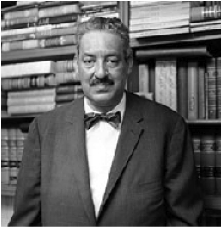Counselor at Risk: Does Specialization Threaten the Attorney’s Function as Counselor?
Many law firm shingles still read “Attorneys and Counselors at Law.” Each term carries with it a distinct meaning and independent importance in the legal profession. Do we risk marginalizing the counselor role as we strive to achieve efficiencies in the delivery of legal services through specialization? And if so, why does it matter?
Lawyers are trained to analyze the law and to prepare legal documents; however, in order to provide effective legal advice, and in order to exercise their highest and best use in our justice system, lawyers must possess much more than technical knowledge and skills. Lawyers must also be able to fulfill their roles as counselors. This requires that they be able to craft creative solutions, sustain client morale during difficult times, and to offer wisdom and sound judgment, not just knowledge. (See, e.g., Anthony L. Cochran, They Don’t Call Us “Counselor” For Nothing.)

